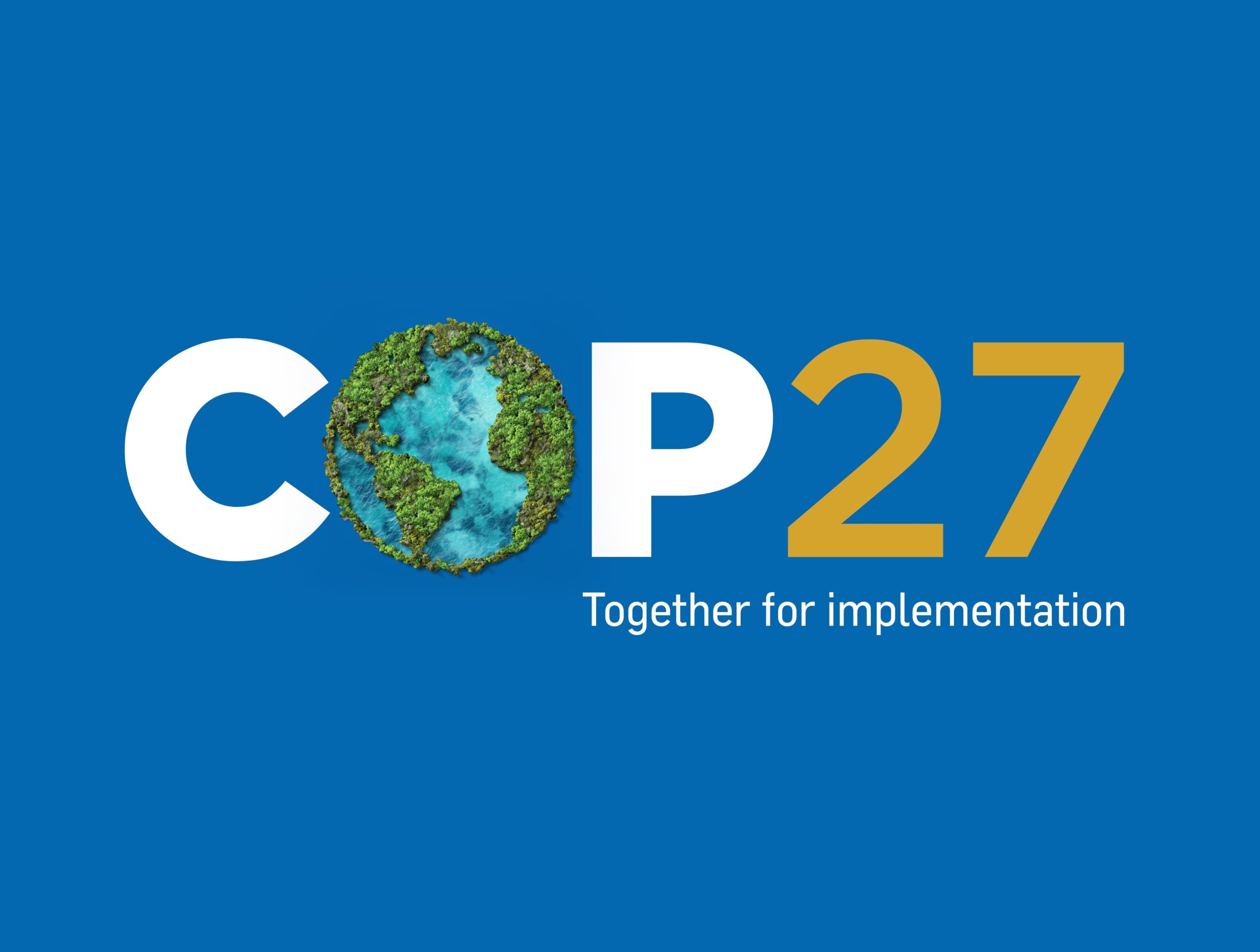Expert Comment – Climate justice and credible targets..or will COP27 be remembered as a 'lame duck'?
Monday 21st Nov 2022, 2.21pm

Professor Lavanya Rajamani, professor of international environmental law and a country adviser during COP27, said,
‘The establishment of the Loss and Damage fund is a milestone in the UN climate regime that has struggled effectively to address this over for the last three decades. But a careful reading of, and between, the lines of the text makes it clear this is not a ‘climate justice’ mechanism that will result in rich countries compensating vulnerable countries for the loss and damage they are increasingly suffering as a result of a problem they did not create and can play little part in resolving.
A careful reading of, and between, the lines of the text makes it clear this is not a ‘climate justice’ mechanism that will result in rich countries compensating vulnerable countries for the loss and damage they are increasingly suffering
Professor Lavanya Rajamani
‘It is a mechanism that recognises their need for support but does not generate an obligation on developed countries to provide such support. Instead, it opens up conversations on ‘innovative’ sources of financing, expanding the donor base and determining who is ‘most vulnerable’ and, therefore, deserving of support.
‘There has been much focus on the 1.5C° goal, and whether it was or was not kept alive at COP-27. While the 1.5°C goal is clearly crucial, the exclusive focus on national target-setting is problematic. Most of the targets on which the modelling is based are just targets (not achieved or even achievable emissions reductions), and they are based on assumptions and conditions.
Heightened pressure on target-setting will likely result in…less and less credible targets….[It is necessary to] implement the existing targets, and to enable new targets to be credible and deliverable. One without the other is a house built on sand
Professor Rajamani
‘Many are conditional on support, which has not materialised. Heightened pressure on target-setting will likely result in sketchier and sketchier assumptions, and less and less credible targets. The UN climate regime and the wider international financial system also need to focus on delivering the support necessary to implement the existing targets, and to enable new targets to be credible and deliverable. One without the other is a house built on sand.’
Dr Philipp Trotter, Economics & Policy Co-Lead, Climate Compatible Growth programme, said, ‘The outcome of COP27 is an unsettling paradox: On the one hand, developed countries have, for the first time, agreed to establish a fund to pay for (at least some of) the climate impacts they have caused. This is an important win for climate-vulnerable countries and campaigners.
The outcome of COP27 is an unsettling paradox: On the one hand, developed countries have for the first time agreed to establish a fund to pay for…climate impacts…On the other, however, countries have made no meaningful progress whatsoever on limiting the climate impacts
Dr Philipp Trotter
‘On the other, however, countries have made no meaningful progress whatsoever on limiting the climate impacts themselves going forward, despite being tilted as the “implementation COP”. This inaction is incompatible with reaching the 1.5-degree target.
‘Eventually, the hope is, loss and damage payments motivate stronger climate action because they could act as a significant monetary penalty for countries that do not do so.’
Brian O’Callaghan, Lead Researcher and Project Manager, Oxford Economic Recovery Project, said: ‘COP27 might be remembered as the “Loss and Damage COP”. In my mind, having attended many of the L&D negotiations in Sharm el-Sheikh, the most important takeaways are:
This is the result of 30 years of tireless petition by developing countries and their supporters. It is not an overnight success story.
- Success came because developing countries stuck together: it is a great sign of hope for the world. We are all in this together.
- There remains much to be done on L&D. While there is now a fund, it has no money, nor any indication of where its money will come from.
- There are concerns rich countries might simply repurpose existing disaster relief as “loss and damage”. That’s why developing countries say this fund needs to be “new and additional”
It is important to reaffirm, so far as mitigation is concerned, COP27 was a lame duck. The fossil fuel lobby very clearly influenced language to ensure that there was no progress from Glasgow on phasing out fossil fuels
Brian O’Callaghan
‘It is important to reaffirm, so far as mitigation is concerned, COP27 was a lame duck. The fossil fuel lobby very clearly influenced language to ensure that there was no progress from Glasgow on phasing out fossil fuels. Attempts for stronger language on fossil fuels (e.g., from India) were effectively vetoed by a set of rich countries, including the petro-states and the US.
‘On finance, there remains significant work to be done. Since 1992, rich countries have failed to provide promised finance to transition the global economy to an emissions-sustainable pathway. Since 2020, failures have been measured against a promise of $100bn per year – rich countries, and mainly the US, remain well short of keeping that promise. It is frankly embarrassing.’

